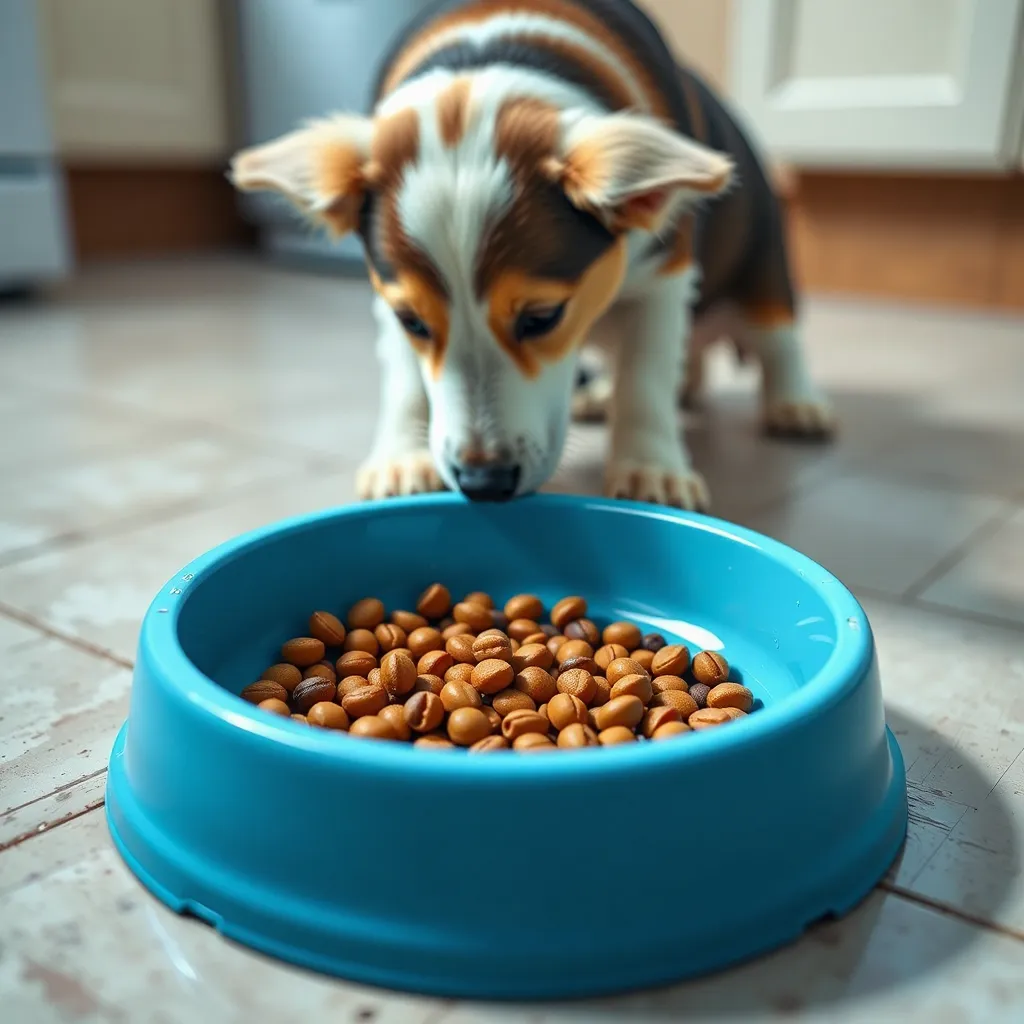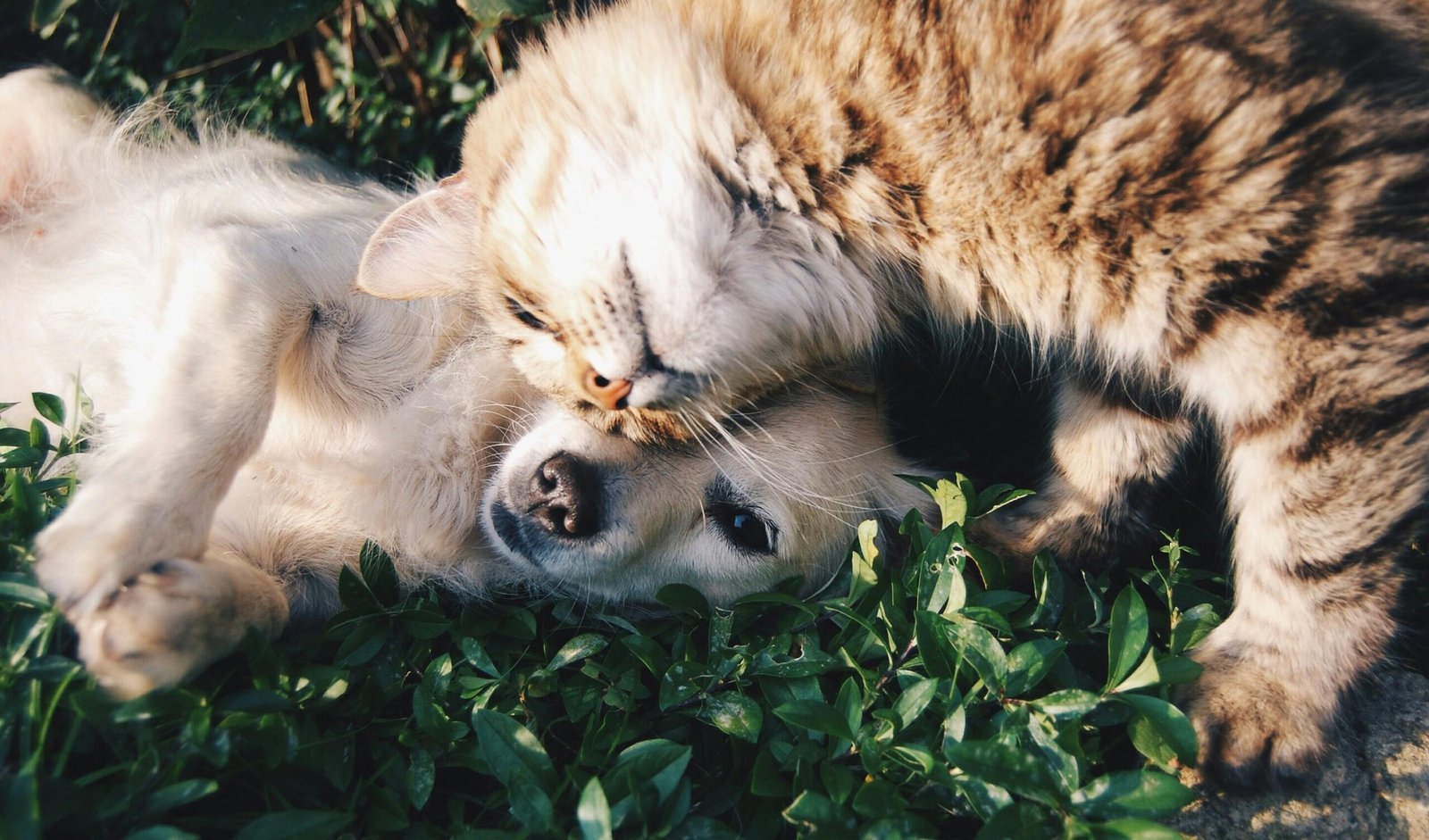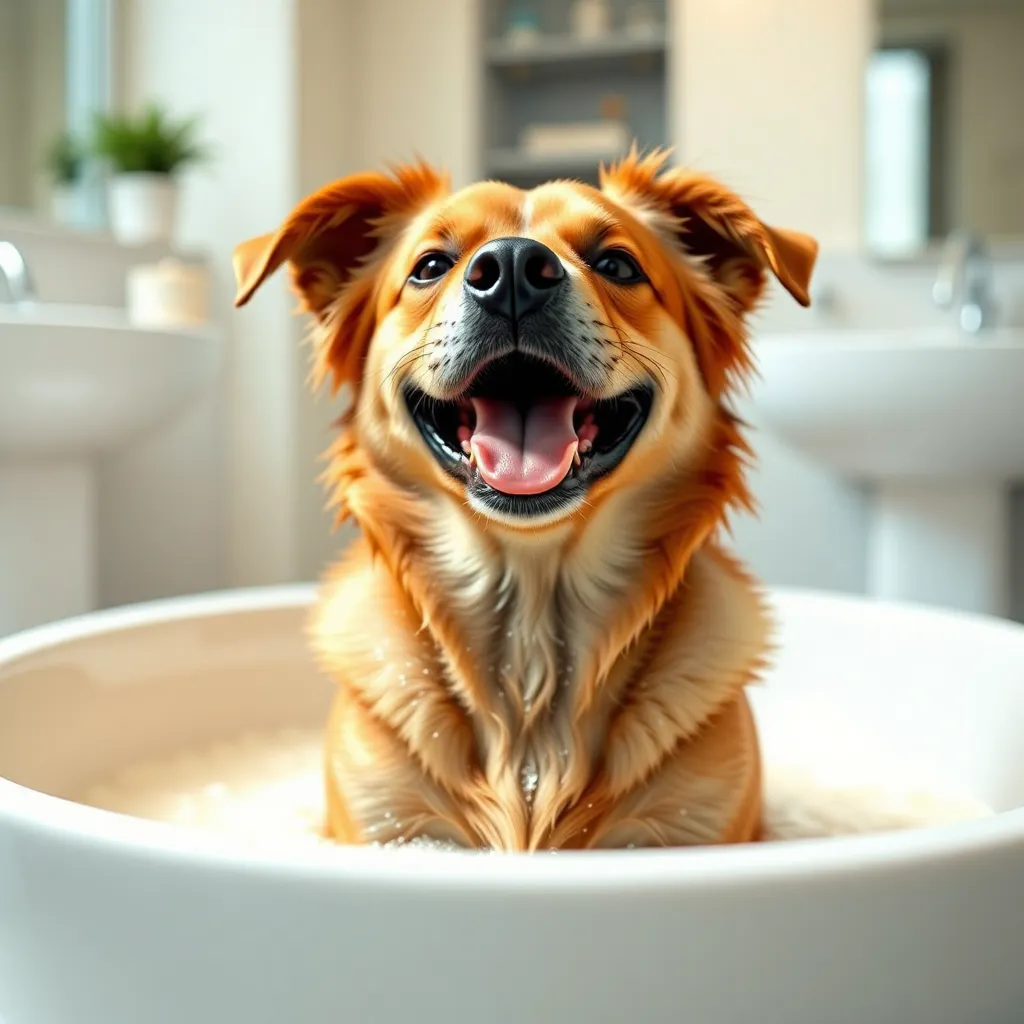Loss of appetite in pets is a serious concern and can signal underlying health problems. Seeing your furry friend turn away from their favorite food is heartbreaking, but understanding the potential causes and taking appropriate action is crucial. This comprehensive guide will explore common reasons why your pet might be refusing food, offer practical solutions to encourage them to eat again, and highlight when veterinary intervention is necessary.
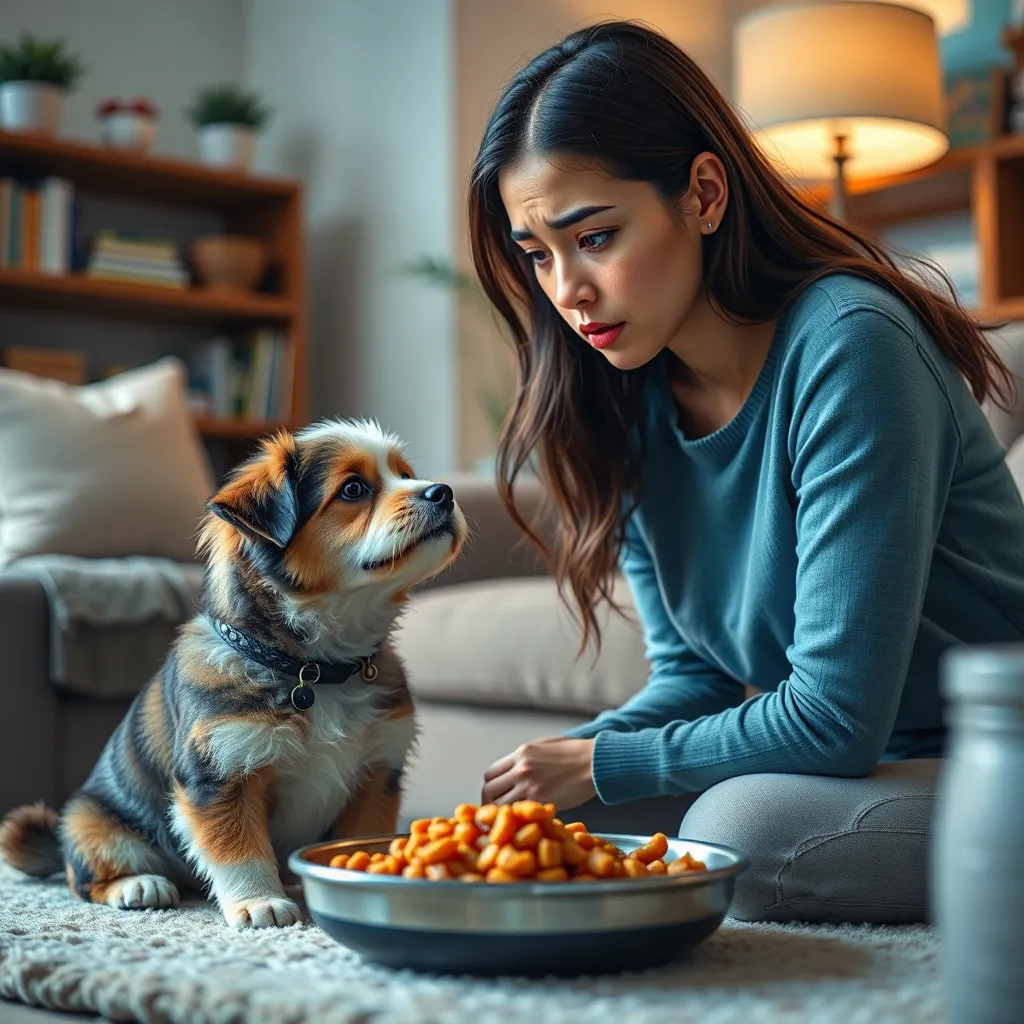
Common Causes of Appetite Loss in Pets
Several factors can contribute to a pet’s sudden or gradual loss of appetite. These can range from relatively minor issues to serious medical conditions. Some of the most common culprits include:
- Illness: Infections, dental problems, kidney disease, liver disease, cancer, and other illnesses can significantly impact a pet’s appetite. Vomiting and diarrhea, often accompanying illness, can further reduce food intake.
- Pain: Arthritis, injuries, or other painful conditions can make eating uncomfortable, leading to a decrease in food consumption. Pain management is crucial in these cases.
- Stress and Anxiety: Changes in environment, new pets, travel, or even thunderstorms can trigger stress and anxiety, affecting appetite. Behavioral changes, such as hiding or excessive vocalization, can also accompany stress.
- Medication Side Effects: Certain medications can cause nausea or other side effects that suppress appetite. Always discuss medication side effects with your veterinarian.
- Dental Problems: Tooth decay, gum disease, or oral pain can make eating difficult and painful. Regular dental checkups are essential for maintaining oral health.
- Dietary Changes: Sudden changes in food can upset a pet’s digestive system, leading to temporary appetite loss. Introduce new foods gradually.
- Picky Eating: Some pets are simply picky eaters, refusing food they deem unappealing. This is more of a behavioral issue and often requires patience and strategy.
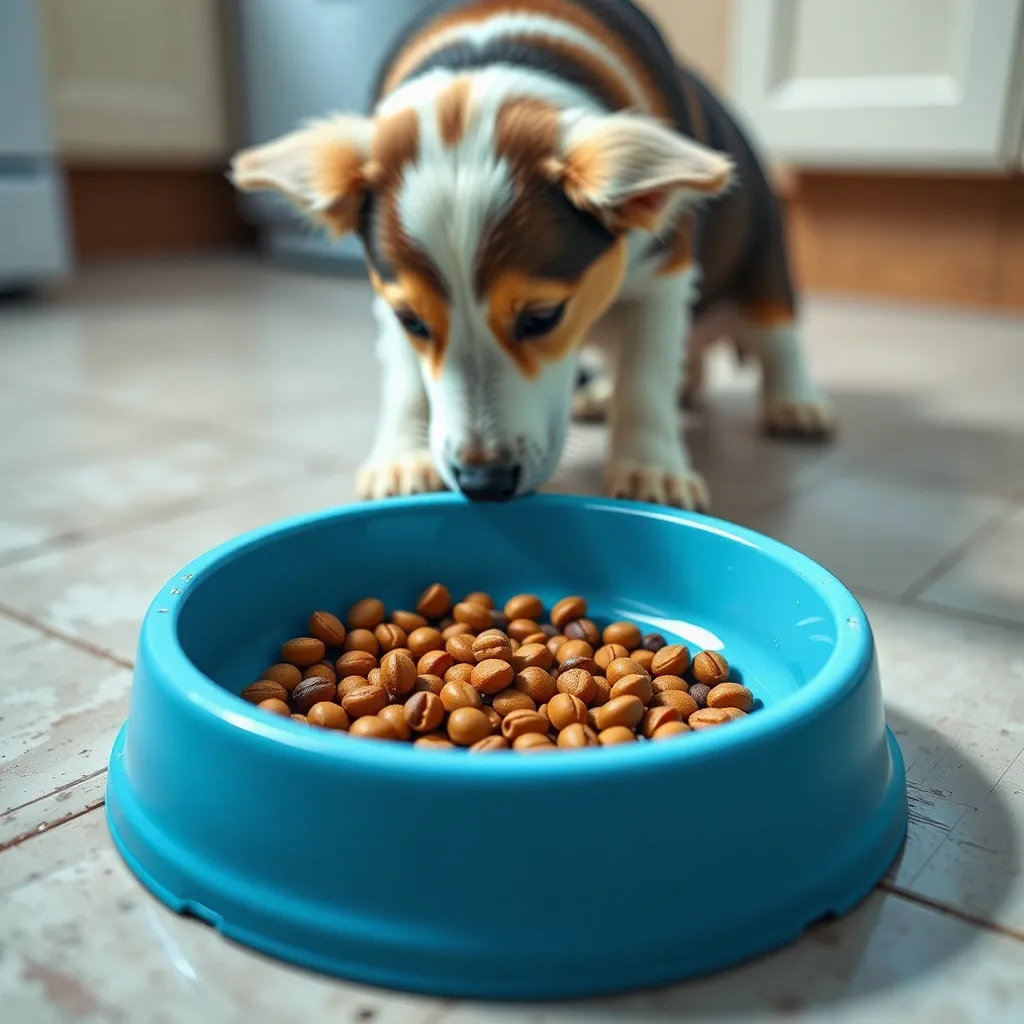
Encouraging Your Pet to Eat Again
If your pet has lost their appetite, here are some steps you can take:
- Veterinary Check-up: The first and most important step is to schedule a visit with your veterinarian. They can perform a thorough examination to identify any underlying medical conditions.
- Offer Smaller, More Frequent Meals: Instead of large meals, try offering several small meals throughout the day. This can be less overwhelming for a pet with a decreased appetite.
- Warm the Food: Warming up wet food can enhance its aroma and make it more appealing.
- Try Different Foods: Experiment with different types of food, flavors, and textures. You might find something that your pet finds more enticing. Consider high-quality pet food options.
- Hand-Feed Your Pet: Some pets respond better to hand-feeding, especially if they’re feeling unwell or stressed.
- Improve the Eating Environment: Ensure a quiet and comfortable eating area, away from distractions.
- Address Underlying Issues: If stress or anxiety is a factor, consider strategies to reduce your pet’s stress levels. This could involve creating a calming environment, using calming aids, or seeking professional help from a veterinary behaviorist.
- Consider Appetite Stimulants: In some cases, your veterinarian may prescribe appetite stimulants to help improve your pet’s food intake.
(Image 3: A pet happily eating from a bowl. Style: Photorealistic, setting: sunny patio.)
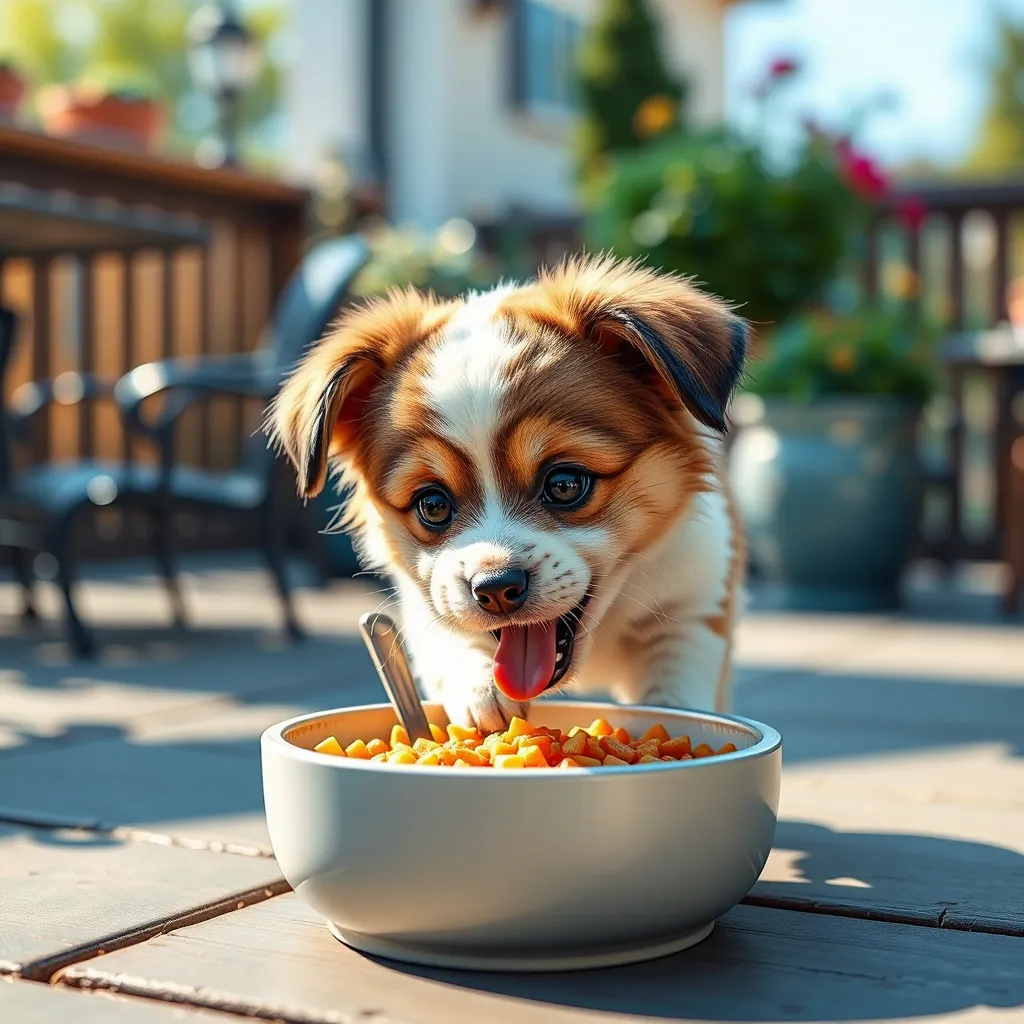
When to Seek Immediate Veterinary Care
While some appetite loss is temporary, certain situations require immediate veterinary attention:
- Lethargy and weakness: Combined with appetite loss, this could indicate a serious illness.
- Vomiting and diarrhea: Persistent vomiting and diarrhea can lead to dehydration and require urgent medical care.
- Sudden weight loss: Significant weight loss in a short period is a serious warning sign.
- Difficulty breathing: Breathing problems combined with appetite loss warrant immediate veterinary attention.
- Changes in urination or defecation: Any significant changes in urination or defecation patterns should be investigated by a veterinarian.
Buy the products shown in this post by visiting this link: https://amzn.to/3ZlyPU9
FAQ
- Q: My pet is refusing food but seems otherwise healthy. Should I still take them to the vet? A: Yes, it’s always best to consult your veterinarian, even if your pet appears healthy. Loss of appetite can be a sign of an underlying issue.
- Q: How long should I wait before seeking veterinary care if my pet isn’t eating? A: If your pet hasn’t eaten anything substantial for 24-48 hours, it’s crucial to seek veterinary attention.
- Q: Can I give my pet human food to stimulate their appetite? A: No, avoid giving your pet human food as many human foods are toxic to pets. Stick to their prescribed diet or foods recommended by your veterinarian.
This information is for general knowledge and does not constitute veterinary advice. Always consult with a qualified veterinarian for any concerns about your pet’s health. Remember, early detection and intervention are key to ensuring your pet’s well-being. Prioritize your pet’s health and don’t hesitate to seek professional help when needed.
Share this content:

